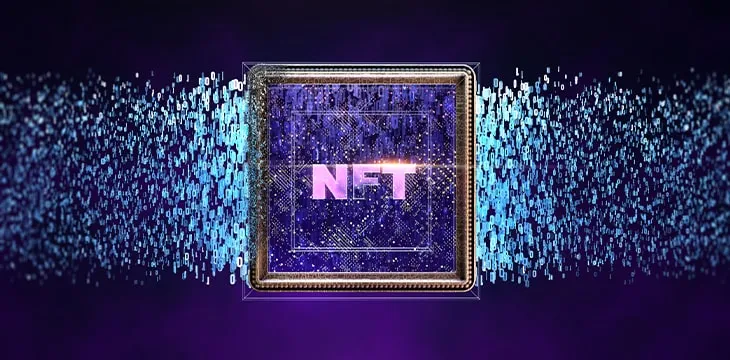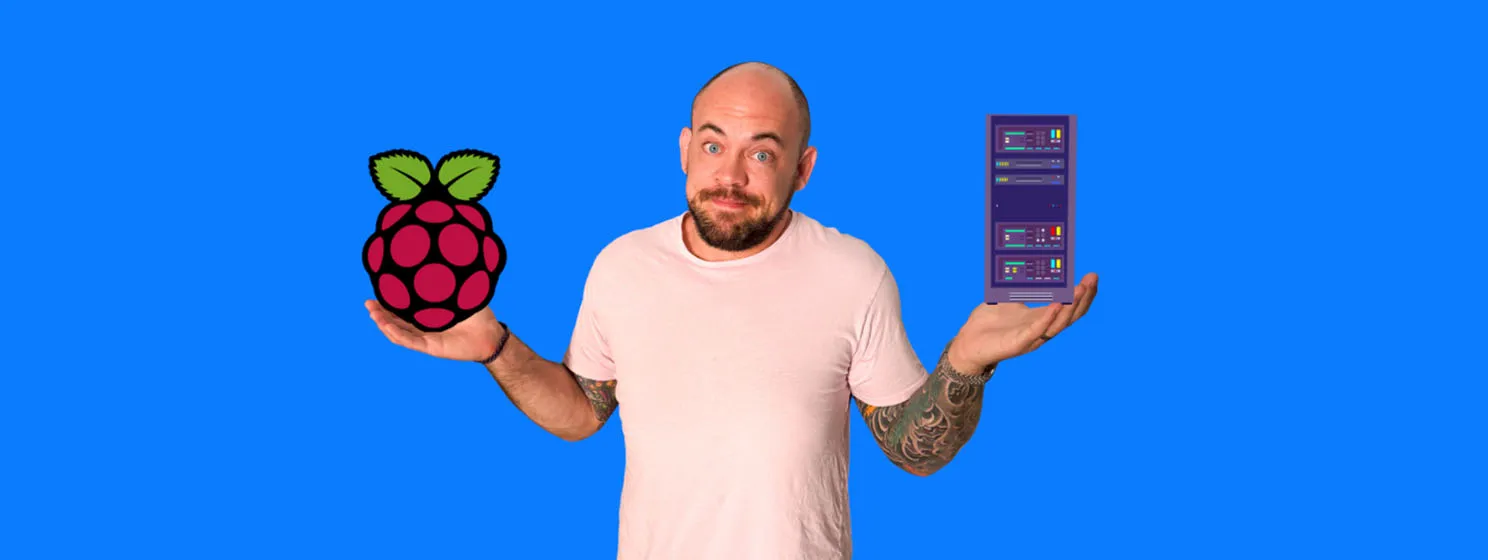|
Getting your Trinity Audio player ready...
|
DLC or Downloadable Content remains a controversial, yet very successful market direction the video game world took in the 2010s. Many gamers continue to complain about the extortion of customers by video game publishers via selling add-on content not available in an initial full-priced $60 game.
DLC has even more criticism in online multiplayer games where the content, though technically optional, may be essentially required in order to compete with other players who have purchased the DLC, forcing customers to buy the product unwillingly when they otherwise would not. While this helps to increase revenue, the potential cost is an upset, ever-sensitive player base.
The proposition of NFTs in video games is being met with even more hostility as publishers and gamers view the concept as a further cash grab to continuously extort players. As a video gamer since the age of 4 and at the same time a huge proponent of Bitcoin I do sympathize with their concerns.
On one hand, allowing players to truly own their in-game assets is a fascinating concept with many benefits. On the other, it allows publishers to push the DLC model even further, to the point of encroaching on players’ morality. Video games are supposed to be fun, not cut-throat markets. One criticism of the Axie Infinity game is that if the profit opportunity did not exist, the game would not have nearly as many players as its main value proposition is play to earn.
Adding NFTs into games may turn even more players away and increase negativity coupled with the rampant inflation in the economy as a whole. However, the true value proposition of NFTs (which ironically is constantly violated) is provable, true ownership.
As most NFTs exist to fleece consumers for their hard-earned money in exchange for a promise of wagmi and that you are ngmi if you do not, to make the situation even worse, the issuers steal and copy other artists’ work and exit scam with impunity.
NFTs are supposed to represent an immutable record of ownership, streamlining accounting and verification processes for the issuers, in efforts to promote more robust markets and reduce fraud. To date, NFTs have achieved the exact opposite as they are easily stolen or replicated, and rampant with Ponzi schemes and absurd amounts of fraud. This is likely the reason video gamers are so hostile toward the concept in general.
However, if applied properly and tamed with reasonable scope, NFTs can potentially offset the gripes the consumer base has with DLC. In-game items, soundtracks or content are often sold as add-ons to games. However, if the DLC is a token that is owned by the player and transferrable in a federated market, then the customer has a lower risk of wasting their money on these so-called cash grabs.
If they are unhappy with the content, or simply no longer play that game anymore, they can sell it to another interested player. Expired DLC or digital games are actually an issue as companies may take down DLC after a period of time since the server costs are too high to justify low traffic years after the associated game was released. Even worse, Nintendo recently announced the retirement of the eShop for an entire system, the 3DS! Digital purchases cannot be refunded as an industry standard likely due to opportunity for fraud and manipulation. Implementation of NFTs as an access token would commoditize these as digital assets and with a fluid market, their availability would be preserved for future consumers without necessarily eliminating the fun factor.
Publishers have an incentive as they can sell more games and even take small revenue cuts on the secondary market in exchange for its maintenance.
Unfortunately as the NFT craze continues we seem to be a long way away from a mature use emerging, as well as convincing the increasingly skeptical customer base of the potential value as the actual usage of NFTs become more ridiculous by the minute.
Watch: CoinGeek New York panel, The New World of NFTs

 07-13-2025
07-13-2025 





